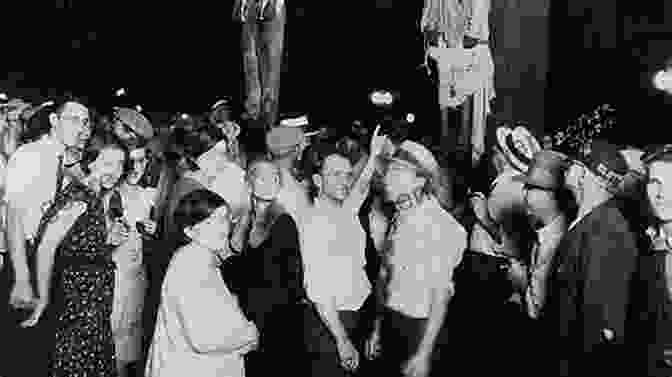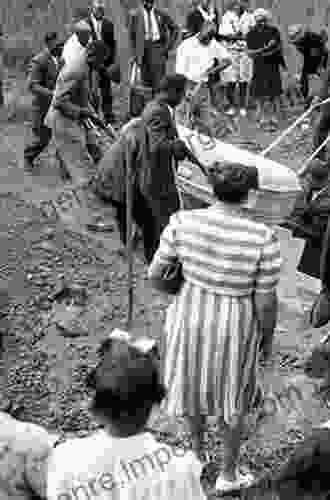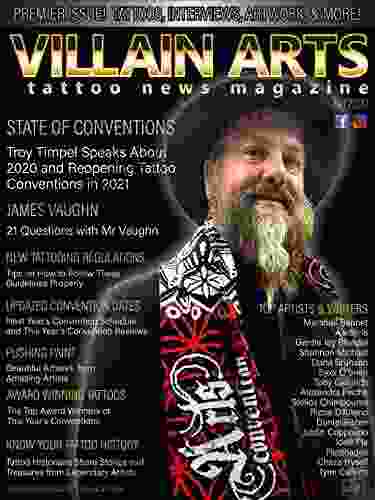A Legacy of Hate and Violence
Lynching, a gruesome practice of extrajudicial murder, has left an indelible stain on American history. This heinous act has been used as a weapon of terror and oppression, primarily targeting African Americans and other marginalized groups. Its roots lie deep in the nation's intertwined threads of racism, prejudice, and power dynamics.
4.2 out of 5
| Language | : | English |
| File size | : | 1080 KB |
| Text-to-Speech | : | Enabled |
| Screen Reader | : | Supported |
| Enhanced typesetting | : | Enabled |
| Word Wise | : | Enabled |
| Print length | : | 229 pages |
Motivations and Victims
Lynchings were often motivated by racial hatred, political power struggles, economic tensions, and the desire to maintain white supremacy. White mobs, consisting of both individuals and authorities, carried out these acts with impunity. Their victims were predominantly African Americans, but also included immigrants, Indigenous people, and others who challenged societal norms.

Perpetrators and Impunity
Lynch mobs were often composed of prominent citizens, including police officers, judges, and politicians. They operated with a sense of entitlement, knowing that they would rarely face consequences for their actions. This culture of impunity allowed lynchings to continue unabated for decades.
Aftermath and Legacy
Lynchings not only claimed the lives of their victims but also inflicted lasting psychological and emotional trauma on their families and communities. They terrorized African Americans and reinforced the oppressive social Free Download. Even after the passage of anti-lynching laws, the practice continued in some form, leaving a deep-rooted fear and mistrust within minority communities.
The Fight for Justice
Throughout history, courageous individuals and organizations fought to expose and condemn lynchings. Notable figures such as Ida B. Wells-Barnett, W.E.B. Du Bois, and the National Association for the Advancement of Colored People (NAACP) led the charge for justice. By documenting these atrocities and demanding accountability, they helped raise awareness and turn the tide of public opinion.
Modern Implications
Although lynchings have largely been eradicated in their traditional form, the legacy of this abhorrent practice continues to resonate in contemporary society. Racial profiling, police brutality, and other forms of systemic racism are a reminder that the struggle for equality and justice is far from over.
The history of lynching in America is a grim testament to the depths of human cruelty and the corrosive power of racism. By confronting this painful past, we can work towards a more just and equitable future. It is imperative that we continue to expose and dismantle the systems of oppression that perpetuate violence and discrimination against marginalized groups.


























































































